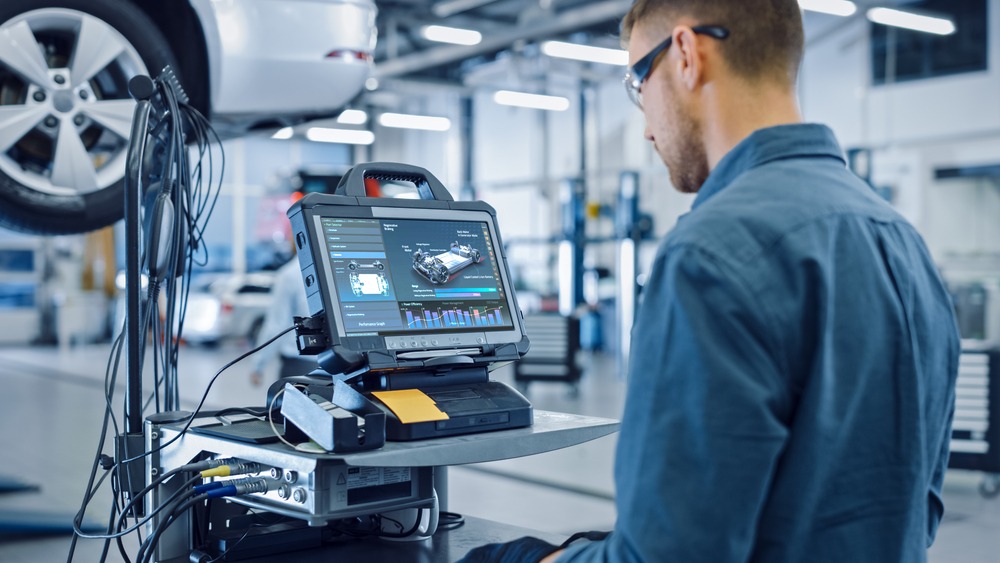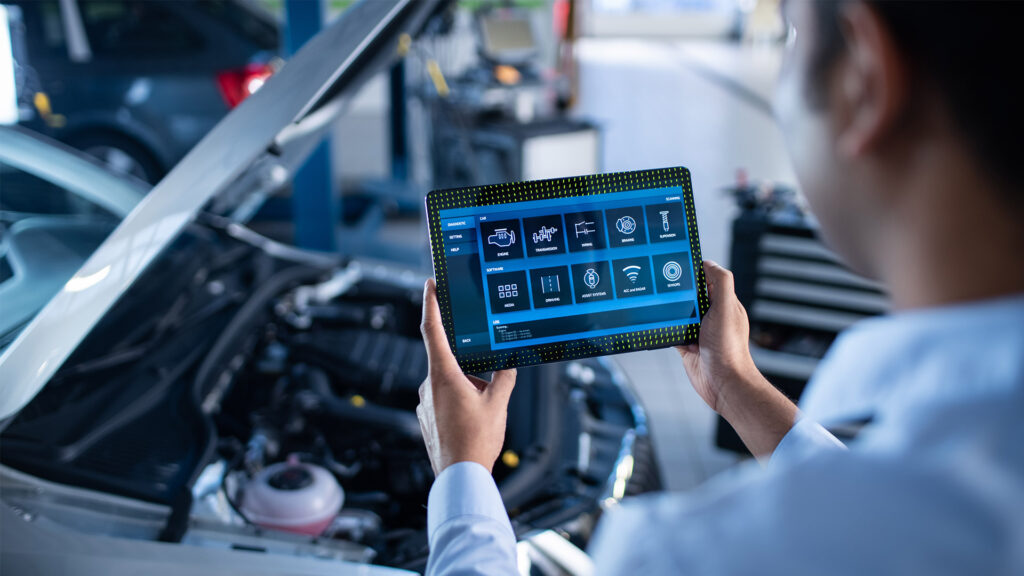Owning a car can make your daily life very convenient, but it also comes with its fair share of challenges. From minor issues like a dead battery to more complex problems like engine failures, cars can experience many problems over their lifetime.
Diagnosing car problems can be daunting, especially if you’re unfamiliar with how cars work. However, there are several ways to identify issues with your car, including using a diagnostic tool, checking the error codes, and performing a visual inspection. By diagnosing car problems early on, you can save yourself time and money and potentially prevent more serious issues from occurring down the road.
This blog post has described some of the most common car problems and Car diagnostics in Birmingham techniques that might help you.
Most Common Car Problems
Dead Battery:
It may be caused by leaving the lights on, not driving the car for an extended period, or a faulty alternator that isn’t charging the battery properly. To fix this issue, jumpstart your car with another vehicle or replace the battery if it is old or damaged.
Flat Tire:
Flat tires can be caused by sharp objects on the road or a worn-out tire. To fix this issue, you can use a spare tire or call roadside assistance if you don’t have one.
Overheating:
A malfunctioning cooling system can cause overheating, low coolant levels, or a faulty thermostat. To fix this issue, you can check the coolant levels and replace the thermostat or radiator if needed.
Check Engine Light:
This light can indicate a variety of problems, ranging from minor issues to serious problems that require immediate attention. It is important to get it diagnosed by a mechanic to determine the cause of the light.
Brake Problems:
Worn brake pads or rotors, a malfunctioning caliper, or low brake fluid levels can cause brake problems. To fix this issue, you can replace the brake pads or rotors or have your brake system checked by a mechanic.
Transmission Issues:
Transmission issues can be caused by low transmission fluid levels, worn clutch plates, or a damaged torque converter. To fix this issue, you may need to change the transmission fluid or rebuild the transmission.
Electrical Issues:
Faulty wiring, a dead alternator, or a malfunctioning starter can cause electrical issues. To fix this issue, you may need to replace the faulty component or have the electrical system Car Diagnostic in Birmingham by a mechanic.
Fuel System Problems:
A clogged fuel filter can cause fuel system problems, a faulty fuel pump, or a damaged fuel injector. To fix this issue, you may need to replace the faulty component or have the fuel system checked by a mechanic.
Suspension Problems:
Worn-out shock absorbers or struts, a damaged control arm, or a misaligned wheel can cause suspension problems. To fix this issue, you may need to replace the worn-out component or have the suspension system checked by a mechanic.

Diagnostic Techniques for Car Problems
Some many tools and techniques can be used for car diagnostics, such as:
Use a Diagnostic Tool:
Many modern cars have onboard Car Repair in Birmingham systems that can communicate with a diagnostic tool to identify any problems with the car. These tools can be purchased or rented from auto parts stores, and they can provide detailed information about the car’s performance.
Check the Error Codes:
You can access the error codes and identify the problem with a code reader. These codes can provide specific information about the problem and help you determine the next steps.
Check the Fluids:
Checking the fluids, such as oil, coolant, and transmission fluid, can help you identify any leaks or low levels that may be causing problems. Low fluid levels can cause the engine to overheat or the transmission to slip.
Listen and Feel for Changes:
Listen for any strange and unusual noises or vibrations when driving. Such as squeaking brakes or a knocking sound from the engine. These sounds can provide clues about the underlying problem. Also, the feel for car handling changes, such as pulling to one side or a spongy brake pedal.
Visual Inspection:
A visual inspection can help identify any visible problems, such as damaged tires or worn brake pads. Check for any signs of leaks or wear and tear under the hood, such as cracks in hoses or belts.
Take it to a Mechanic:
If you cannot Car Diagnostic in Birmingham the problem on your own, it may be time to take the car to a mechanic. They have the expertise and tools to identify issues with your car and carry out a Car Repair in Birmingham.

